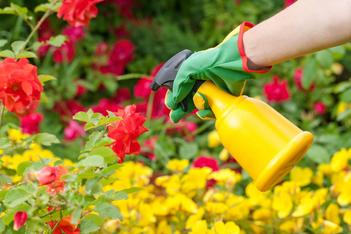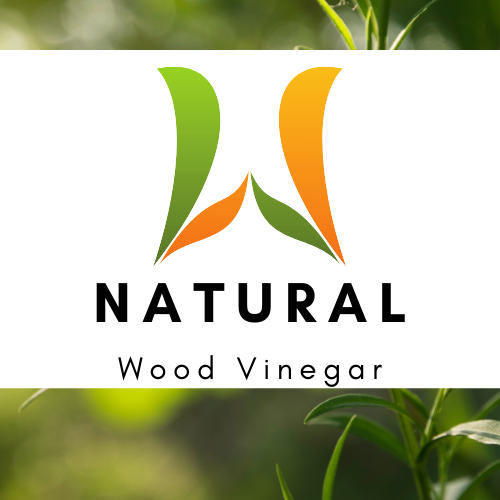Use of Wood Vinegar, Pyroligneous Acid as Pesticide

Wood vinegar has been widely used as pesticide based on old traditions and knowledge of users and local producers. Pyroligneous acid, also called wood vinegar or moku-saku, is an aqueous liquid produced from slow pyrolysis of hardwood. Wood vinegar has been widely used to repel insects from plants and households in Thailand and it is easy to find pyro ligneous products marketed on the Internet as an insect repellent. Archeological studies have found that pyrolysis liquids were already used in the time of the Neanderthal. Wood vinegar and other slow pyrolysis liquids are produced as a by-product of charcoal production. However, future business ideas may be the other way round as pyrolysis liquids including wood vinegar may replace synthetic chemicals in the form of pesticides and biocides.
Directives and regulations related to the sustainable use of pesticides govern and direct plant protection strategies towards a lower use of synthetic chemicals. It is hoped that many mega trends of global policies will boost the use of plant based products given that a reduced reliance on fossil fuel is a general target in the global food and feed production economy.
Wood Vinegar and Pyrolysis technology has been actively studied and developed around the world and is linked to the development of the knowledge based bio-economy. The importance and social impact of pyrolysis technologies will also be enhanced because it is a practicable technique in the sustainable use of wastes and biomasses.
